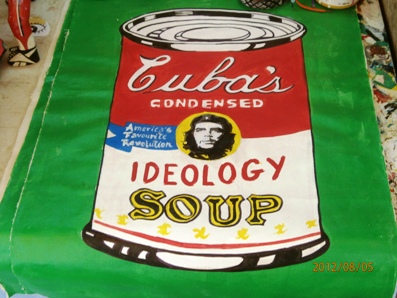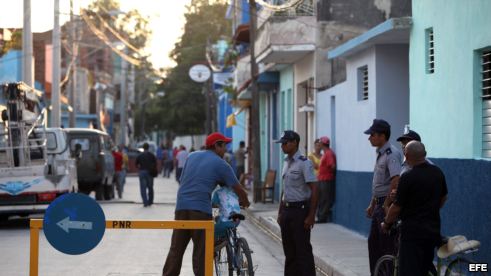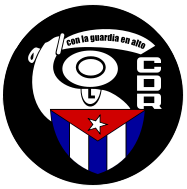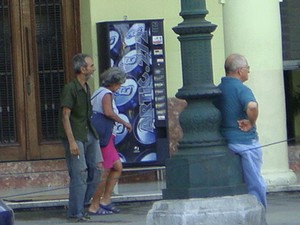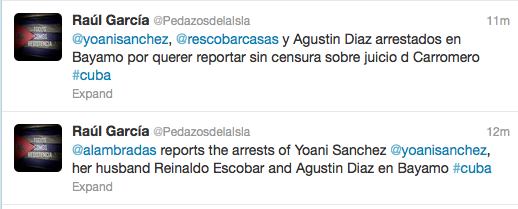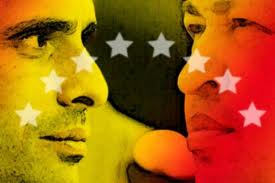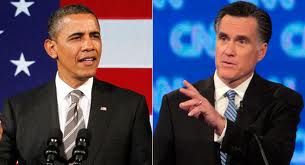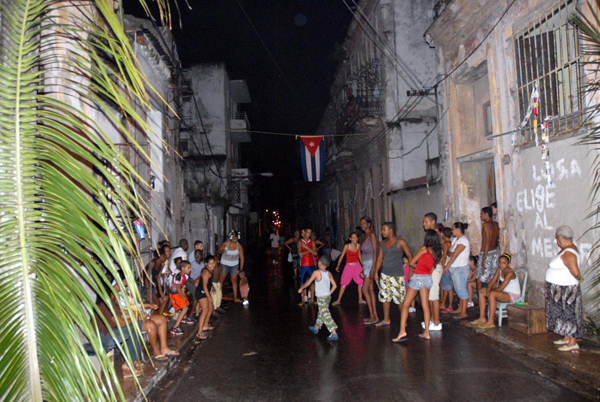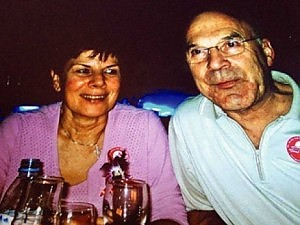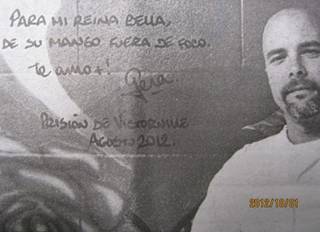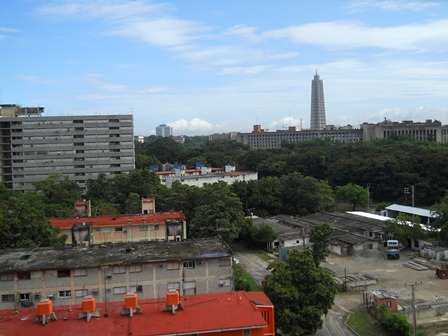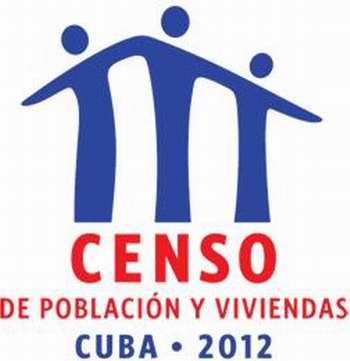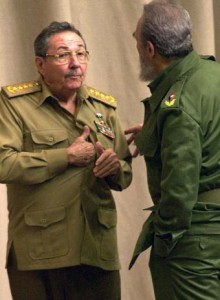Site manager: Many inquiries have been received by this site expressing great concern for what might be happening to Yoani, who was arrested in Bayamo on her way to cover the trial of Angel Carromero who was driving the car in which Oswaldo Paya and Harold Cepero died. Below are audio recordings of Yoani being arrested in 2010, which may give us some idea of what could be happening now.
ADDED TEXT: Again, in response to questions, the reason for posting this was to give readers confidence that Yoani knows how to “stand up for herself”… !
Note: There is no video on the “videos”… only audio.
Post from Generation Y: My Last Bit of Faith on 14 May 2010
Note to English-speaking readers: The transcript for these videos in Spanish and English can be downloaded below.
We will reduce them to obedience to the law.
Julio, lawyer
More than 60 days ago I sent several Cuban institutions a complaint for illegal detention, police violence and arbitrary imprisonment. After the death of Orland Zapata Tamayo, successive illegal arrests prevented more than one hundred people from participating in the activities surrounding his funeral. I was among the many who ended up in a jail cell on February 24, when we went to sign the condolence book opened in his name. The level of violence used against me, and the violation of the procedures for detaining an individual at a Police Station, led me to file a claim with little hope that it would be heard in court. I have waited all this time for the response of both the Military Prosecutor and the Attorney General, holding back this revealing testimony, painful evidence of how our rights are violated.
Fortunately, my cell phone recorded the audio of what happened that gray Wednesday, and even after being confiscated it recorded the conversations of the state security agents and the police – who wore no badges – who had locked us up by force at the Infanta y Manglar station. The evidence contains the names of some of those responsible, reveals the background of the police operation against dissidents, independent journalists and bloggers. I have sent copies of this dossier of a “kidnapping” to international organizations concerned with Human Rights, protection of reporters, and all those related to abuse. Several attorneys from the Law Association of Cuba have advised me in this endeavor.
Although there is little chance that someone will be brought to account, at least those responsible will know that their atrocities no longer remain hidden in the silence of their victim. Technology has allowed all of this to come to light.
——————
* Some elements that complete this dossier of a “kidnapping”:
– The female voice on the tape with me is that of my sister, Yunia Sánchez.
– Transcript of the recording, in Spanish and English.
– Acknowledgments of receipt from the Military Prosecutor, Attorney General, National Assembly of People’s Power, Police Station where the incident occurred, the Council of State and the National Headquarters of the National Revolutionary Police (PNR).

